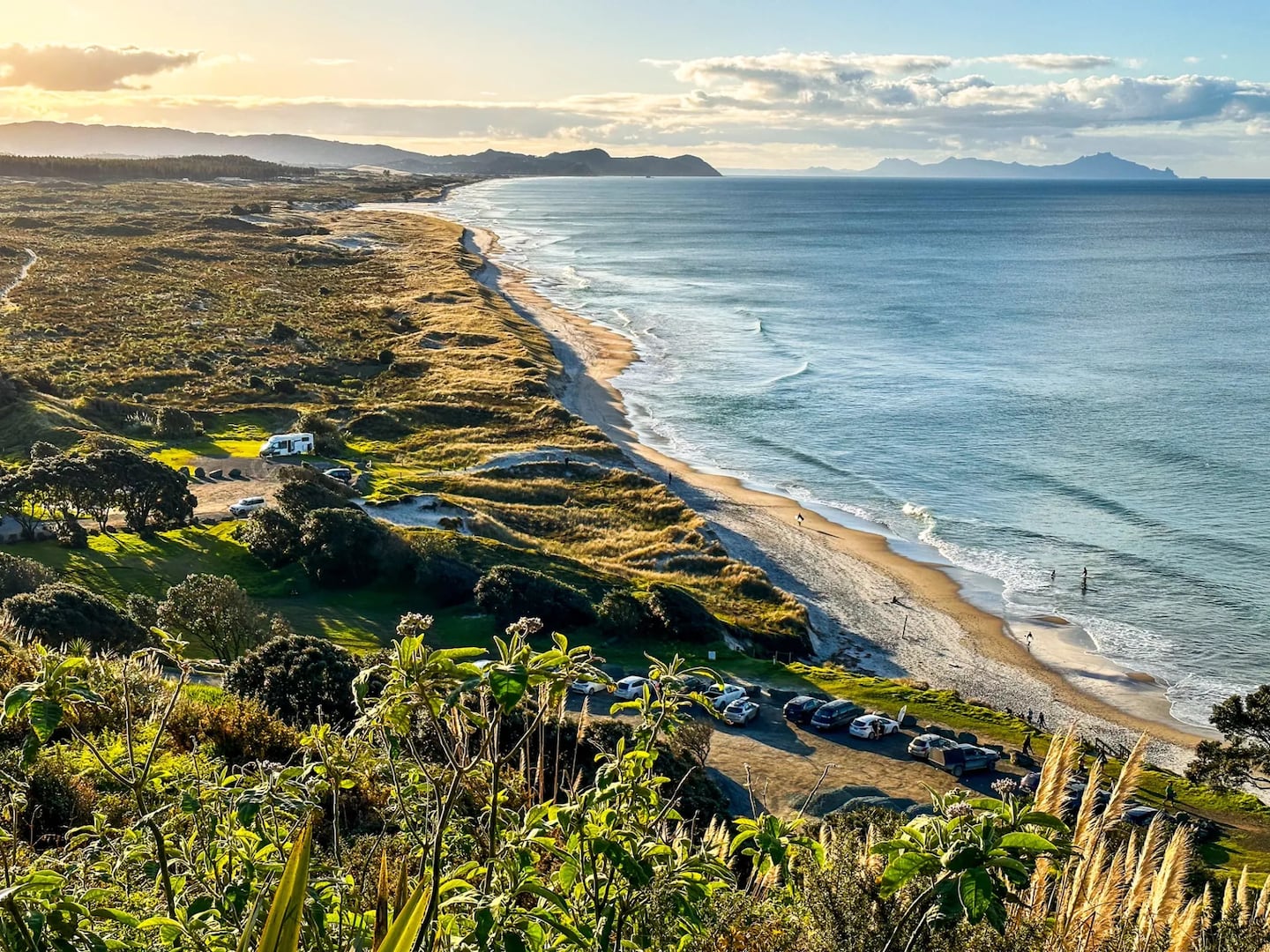Ngāti Manuhiri Settlement Trust is celebrating the listing of its projects under new fast-track legislation it had earlier railed against, saying the government has listened to feedback about the process.
Te Ārai South Precinct and Regional Park Integrated Development Plan has received fast-track consent approval under the Fast Track Approvals Bill, legislation the chief executive of the trust’s operational arm slammed in an op-ed in June.
But in a statement this morning, Manuhiri Kaitiaki Charitable Trust chief executive Nicola MacDonald said the government had heard the public’s concerns and adjusted the legislation accordingly.
“We are pleased to see the government take heed of these concerns, particularly its changes to how applicants gain approval,” MacDonald said.
“The use of an independent panel, which seeks comment from the applicant and directly affected groups, and can then approve or decline the project, is a more robust process than allowing ministers to have final sign off.”
Manuhiri Kaitiaki Charitable Trust is the operational arm of Ngāti Manuhiri Settlement Trust.
The development includes land-based aquaculture, residential and commercial elements, and will improve public access to Te Ārai Regional Park.
Ngāti Manuhiri Settlement Trust chair Terrence Hohneck,said the project was “a manifestation of mana motuhake” for the iwi, combining social, cultural, and commercial interests while respecting environmental values.
The integrated development plan includes measures to mitigate the impact on the local ecosystem, including protections for the coastal landscape and efforts to prevent erosion.
The plan promises to integrate housing developments with eco-friendly strategies, offering up to 420 residential units, including affordable housing for Ngāti Manuhiri members.
Initial opposition
Ngāti Manuhiri was initially among the most vocal opponents of the Fast-Track Approvals Bill.
In June, MacDonald expressed concern over the bill’s potential to undermine environmental protections in a sternly worded op-ed.
She argued that, while Ngāti Manuhiri was not opposed to development, the iwi could not support a process that fast-tracked consents without robust environmental oversight.
MacDonald highlighted Ngāti Manuhiri’s decades-long struggle to preserve its environment, including efforts to combat unsustainable sand mining along the pristine Pākiri coastline.
“We don’t have to sacrifice environmental preservation for progress. We can have both.”
At the time, MacDonald stressed that the iwi would not support any development prioritising profits over environmental stewardship.
MacDonald, who serves as co-chair of Hauraki Gulf Forum and won Kiwibank Environmental Hero of the Year earlier this year, felt the Te Ārai project struck a balance between progress and environmental sustainability, aligning with the iwi’s long-term vision of kaitiakitanga.



